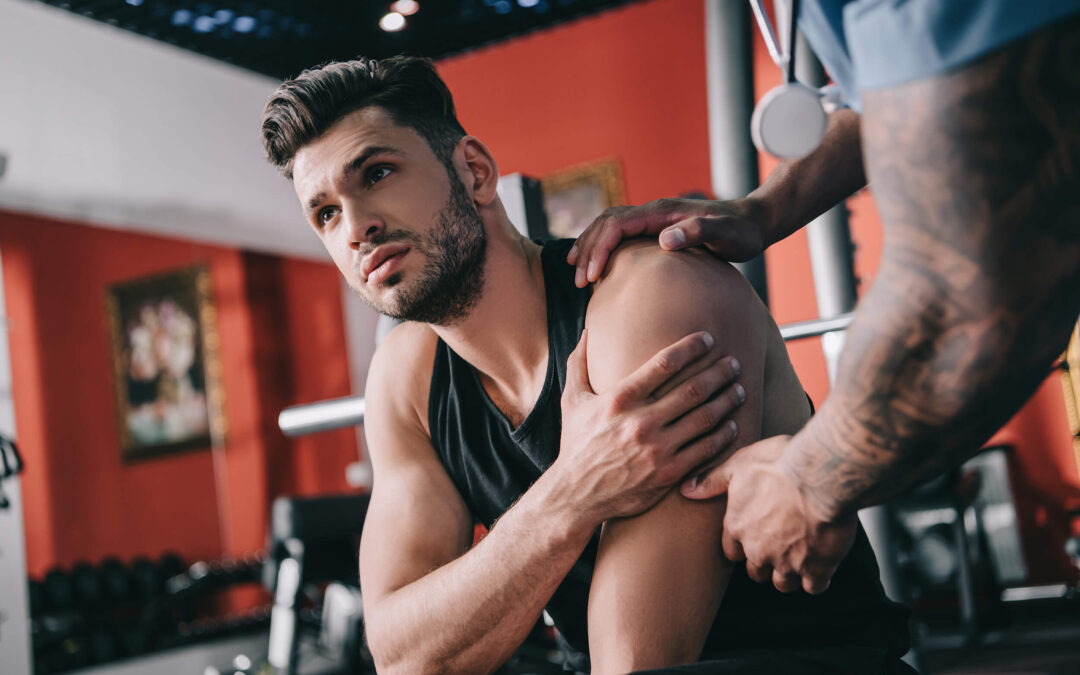The first step to a successful recovery is identifying the cause of your pain and stiffness—whether it’s a rotator cuff tear or a frozen shoulder.
What is a Rotator Cuff Tear?
The rotator cuff is a group of muscles and tendons that stabilise and move your shoulder joint. A rotator cuff tear occurs when one of these tendons is damaged, either through injury, overuse, or age-related wear and tear. Symptoms often include sharp or aching pain when lifting or reaching, weakness, and difficulty performing overhead movements. Some people also experience a catching or clicking sensation when moving their arm.
What is a Frozen Shoulder?
A frozen shoulder occurs when the capsule surrounding the shoulder joint thickens and tightens, resulting in stiffness and pain. It often begins with pain, gradually leading to increasing stiffness that makes moving your shoulder and arm more difficult over time. Many people find that even simple activities, such as brushing their hair or reaching into cupboards, become nearly impossible. Unlike a torn rotator cuff, the pain from a frozen shoulder is often constant, even at rest.
Comparison Table
Why See a Physiotherapist?
Physiotherapists accelerate your healing and recovery by managing your pain, increasing strength in the joint, and restoring movement. Our specialised shoulder pain therapy in Newport provides expert treatment and advice to help you heal quickly and get back to your regular routine as soon as possible.
Treatment Options
For a torn rotator cuff, treatment typically includes exercises to restore strength and flexibility, manual therapy to ease tension and improve movement, and guidance on modifying your activities to prevent further strain while the tendon heals. In some cases, corticosteroid injections or surgery may need to be considered. For a frozen shoulder, treatment often involves gentle mobilisation, stretching, pain management strategies, and progressive exercises to regain movement as the stiffness eases. Both conditions benefit greatly from early assessment and a tailored rehab plan.
Expert Shoulder Pain Therapy in Newport
Living with shoulder pain can feel like an uphill battle, but with the right diagnosis and treatment plan, recovery is closer than you think. We’ll help you ease the discomfort, regain movement, and get back to doing the things you enjoy.

